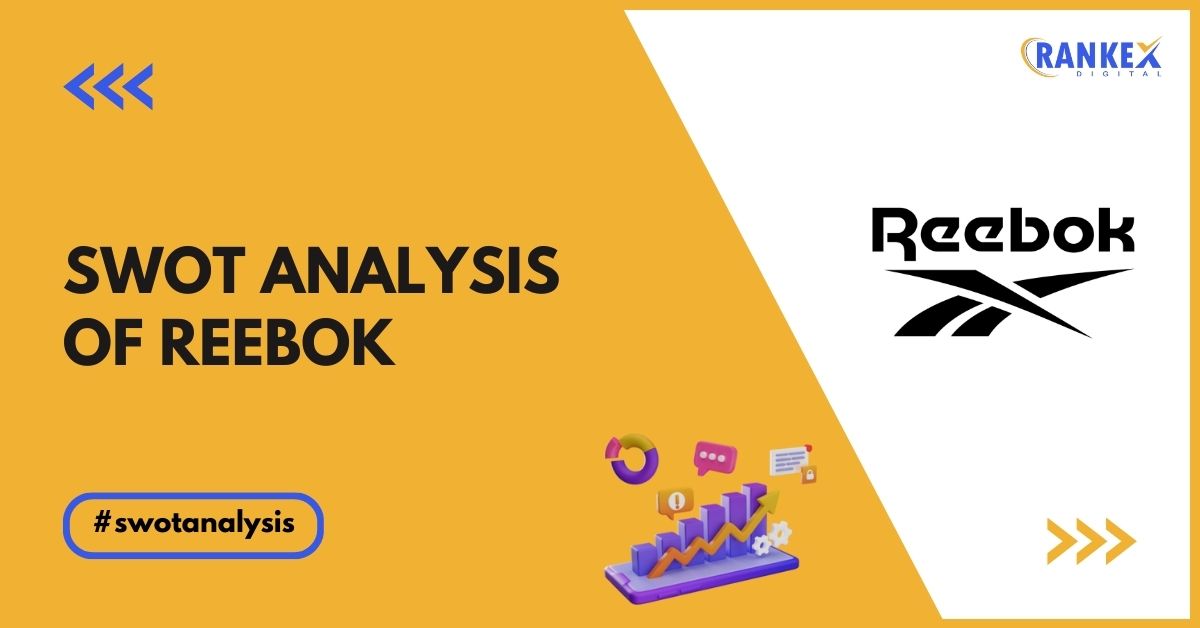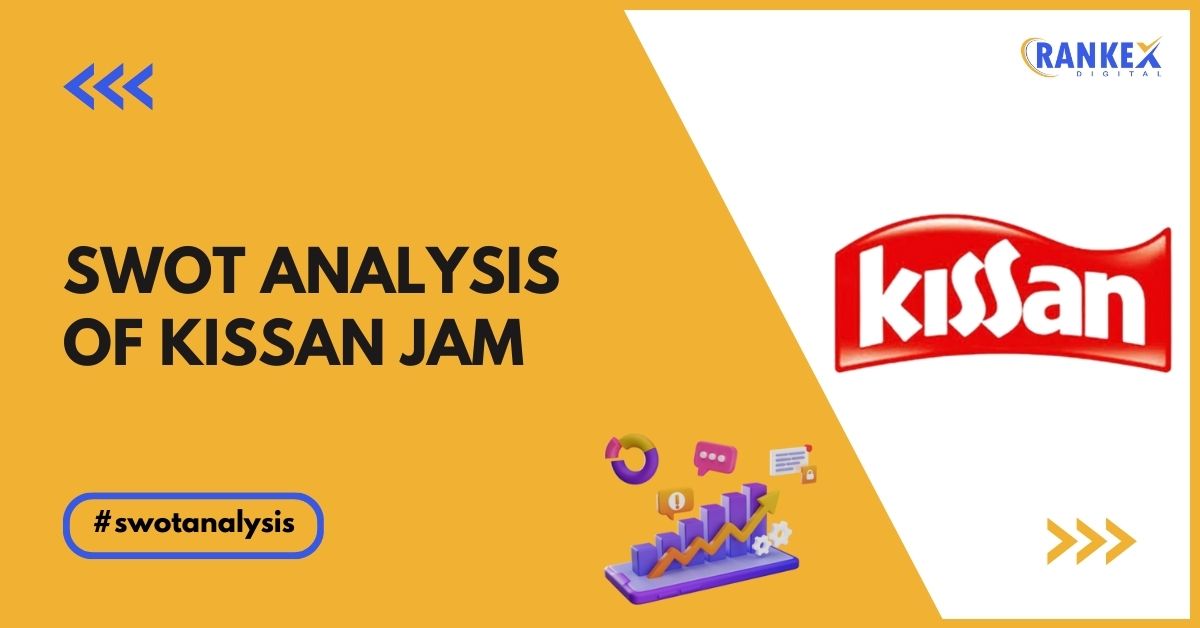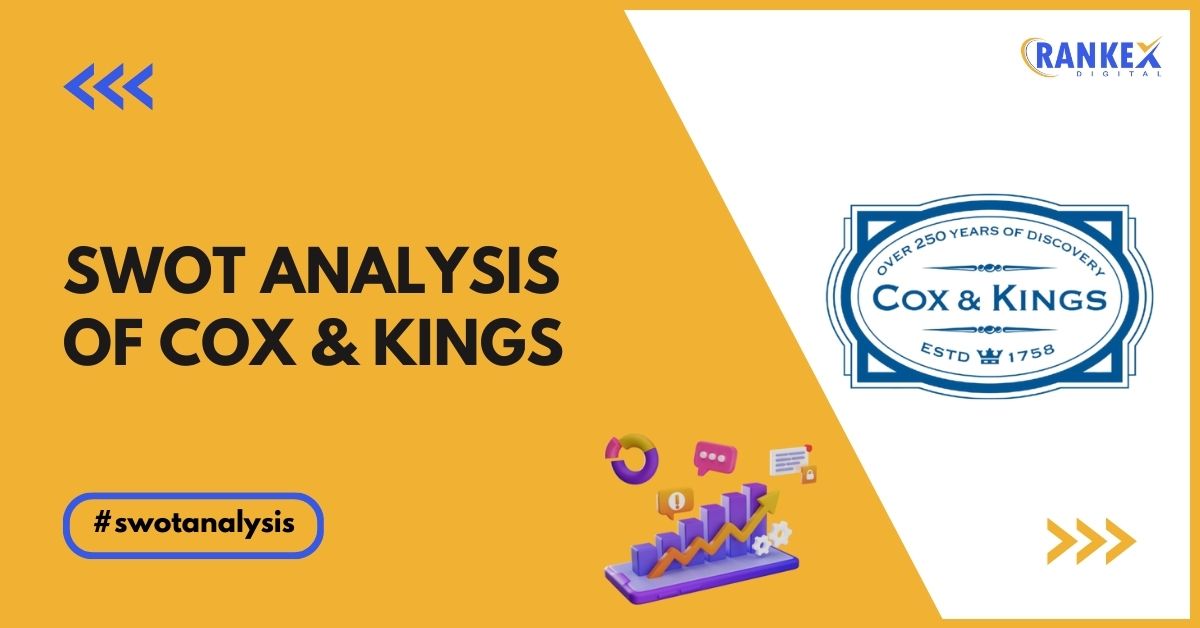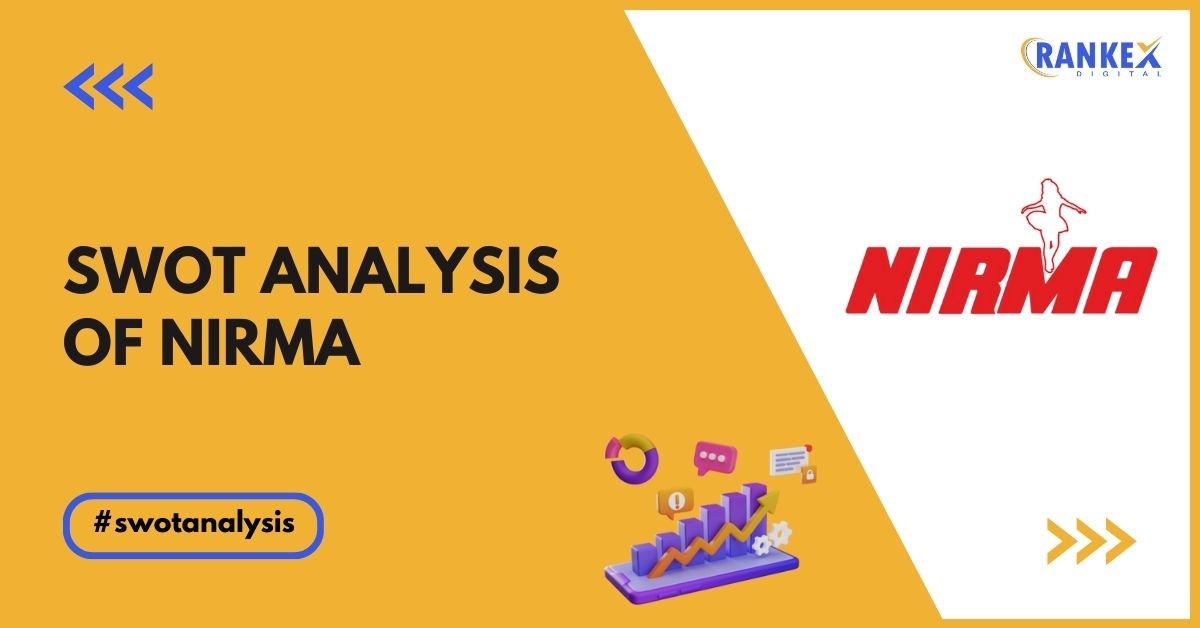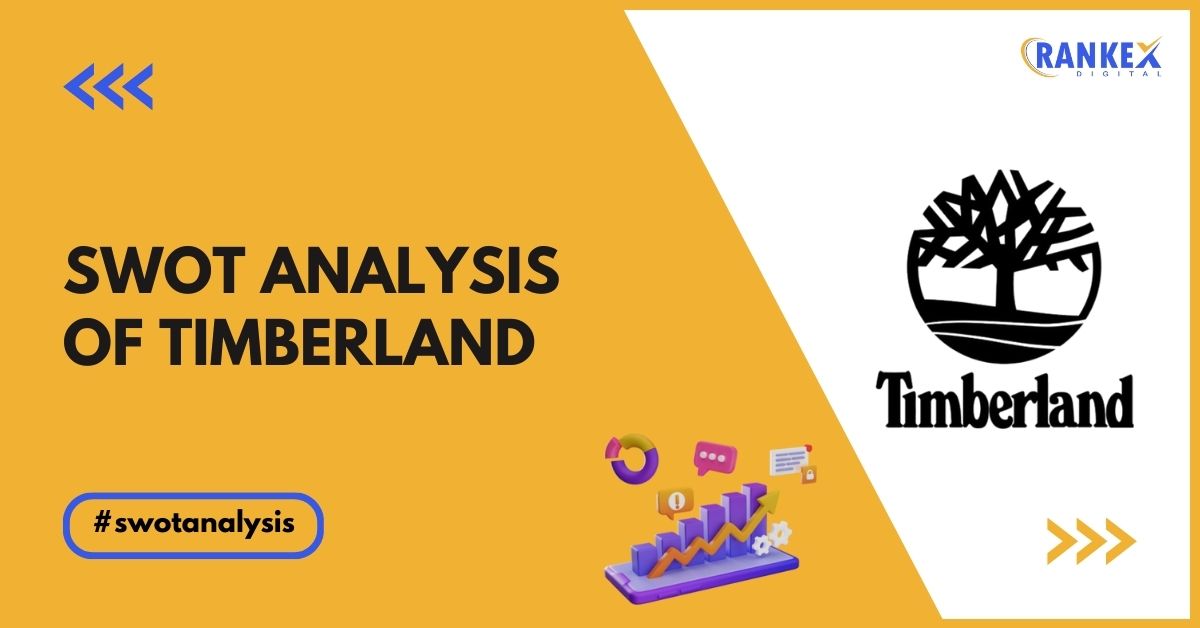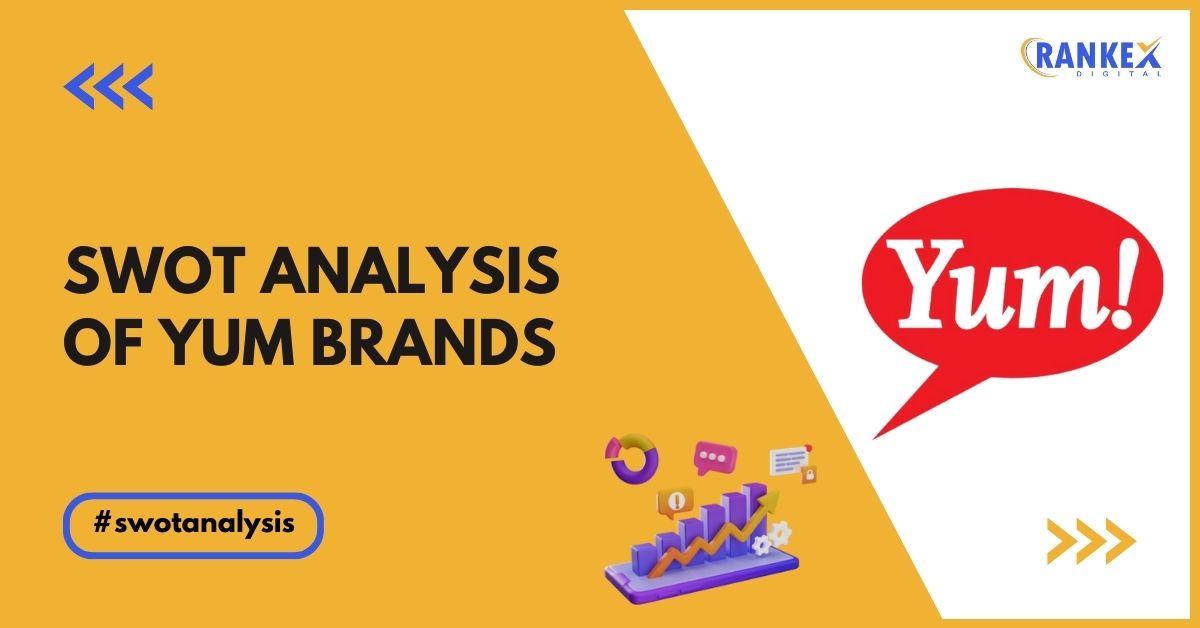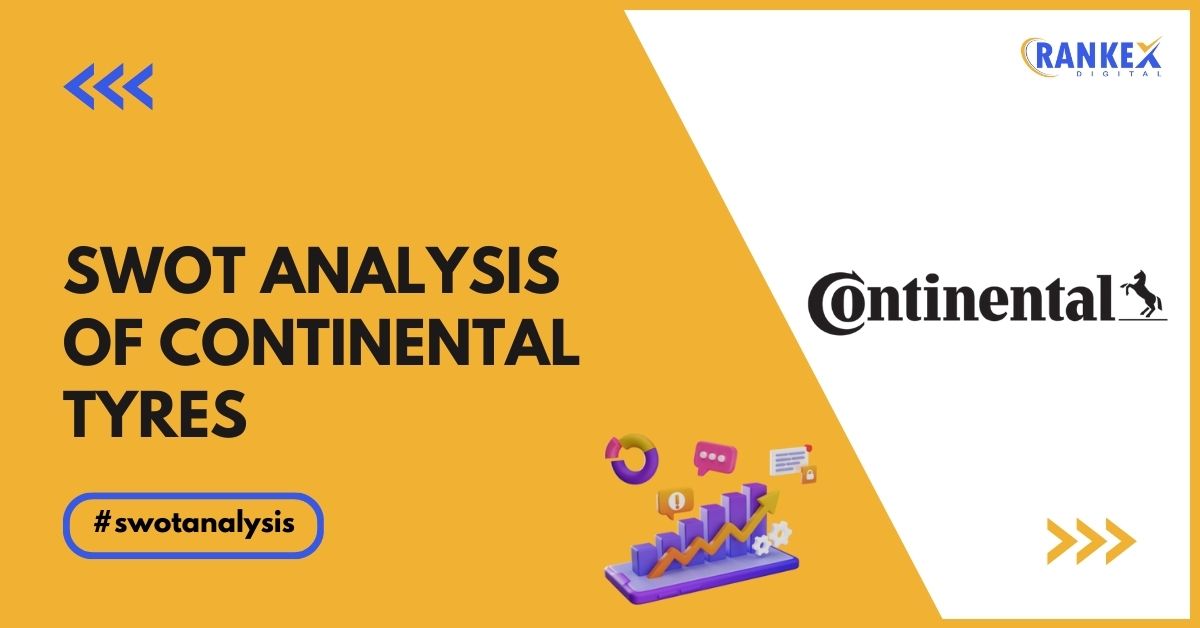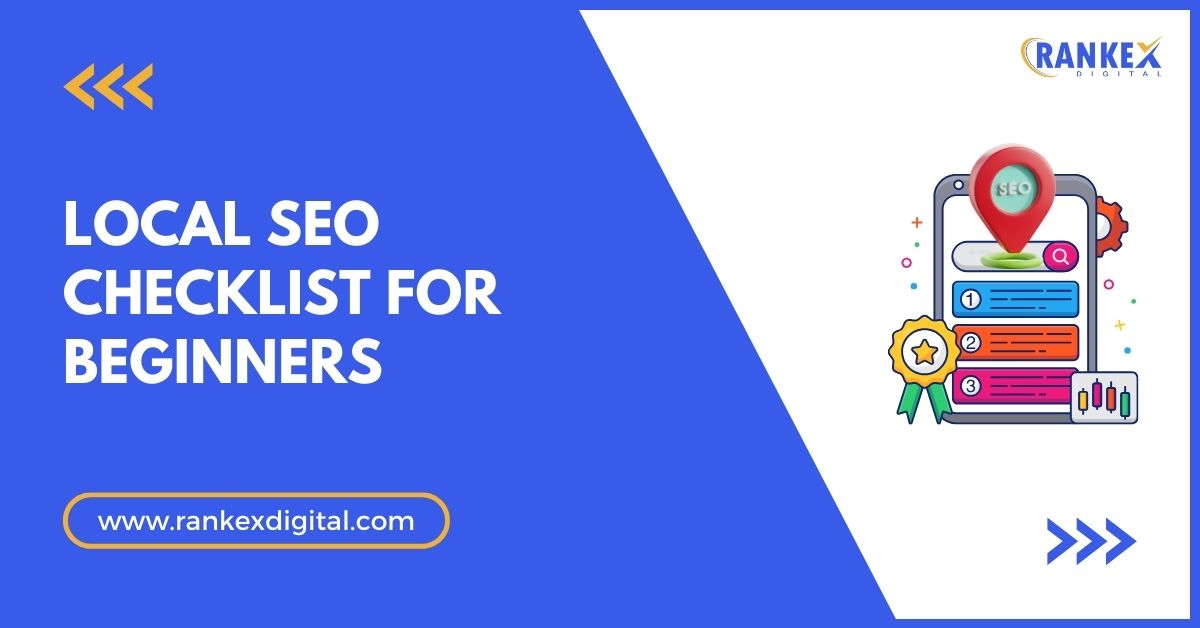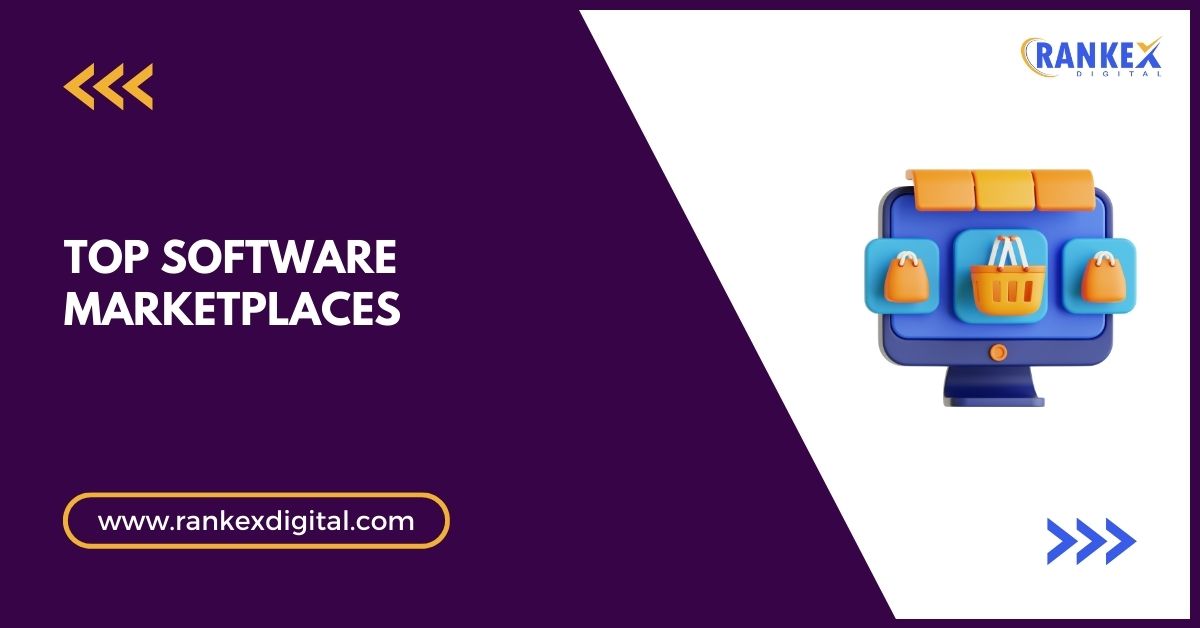Reebok is one of the world’s most recognized sportswear brands, founded in 1958 in Bolton, England, by brothers Joe and Jeff Foster. Initially, it was created as a companion brand to their family’s established company, J.W. Foster & Sons, known for manufacturing some of the earliest running spikes worn by Olympic athletes.
The name ‘Reebok’ comes from the Afrikaans word for a type of African antelope, symbolising speed and agility – qualities embedded in its brand ethos. Throughout the 1980s and 1990s, Reebok rose to global fame with iconic launches such as the Freestyle (1982), designed specifically for women’s aerobics, and the revolutionary Pump (1989) shoe with inflatable support technology.
In 2005, Reebok was acquired by Adidas to compete against industry giant Nike. However, after years of mixed market performance, Reebok was sold to Authentic Brands Group (ABG) in 2021. Under ABG, Reebok is now redefining its image by focusing on fitness, lifestyle, and cultural collaborations to reconnect with global consumers.
Table of Contents
Quick Stats About Reebok
| Attribute | Detail |
|---|---|
| Founder | Joe Foster, Jeff Foster |
| Year Founded | 1958 |
| Headquarters | Boston, Massachusetts, USA |
| Global Presence | Products sold in ~170 countries |
| CEO | Todd Krinsky (since 2022) |
| Company Type | Subsidiary (Owned by Authentic Brands Group) |
| Revenue | ~$1.5 billion (approximate, 2021) |
| Market Cap | Not listed separately (part of ABG) |
Current News of Reebok
In 2025, Reebok is making bold moves to revive its legacy:
-
Athlete and Artist Collaborations: The brand announced high-profile partnerships with Angel Reese (WNBA star), Bryson DeChambeau (professional golfer), and Anuel AA (reggaeton artist). These tie-ups aim to merge sports, music, and street culture, positioning Reebok as a leader in both performance and lifestyle segments.
-
Netflix Docuseries – “Power Moves”: Reebok’s strategy to reignite its basketball dominance is showcased in the docuseries featuring Shaquille O’Neal (President of Reebok Basketball) and Allen Iverson (Vice President). The show highlights their plans to reintroduce classic Reebok basketball styles and inspire a new generation of athletes and fans.
-
Return to English Football: Reebok has signed a multi-year deal with Charlton Athletic, marking its return to English football after over a decade. This partnership for the 2025/26 Championship season will see Reebok designing kits and merchandise, rekindling its strong presence in team sports.
SWOT Analysis of Reebok
Strengths of Reebok
-
Strong Brand Heritage: Decades of innovation with iconic products like the Freestyle, Classic Leather, and Pump give Reebok a powerful brand recall globally.
-
Diverse Product Portfolio: Offers footwear, apparel, and accessories for sports, lifestyle, CrossFit, UFC, and golf.
-
Innovative Technologies: Known for introducing fitness-specific innovations such as Pump technology, ZigTech, and Floatride cushioning.
-
High-Profile Partnerships: Collaborations with top athletes and musicians enhance its cultural relevance and consumer appeal.
-
Global Distribution Network: Presence in over 170 countries ensures wide market coverage.
Weaknesses of Reebok
-
Inconsistent Brand Positioning: Frequent changes in branding and strategy have led to diluted consumer perception.
-
Lower Market Share: Struggles to compete with market leaders like Nike and Adidas in terms of sales and innovation leadership.
-
Overdependence on Certain Markets: Heavy reliance on North American sales limits regional diversification.
-
Past Management Issues: Strategic missteps under previous ownership affected brand growth momentum.
-
Retail Challenges: Faced inventory and distribution challenges impacting profitability.
Opportunities for Reebok
-
Expansion in Emerging Markets: Growing demand for sportswear in Asia, Latin America, and Africa presents significant growth potential.
-
Athleisure Market Growth: Rising trend of blending athletic wear with casual fashion can drive sales in urban markets.
-
Digital Transformation: Enhancing e-commerce channels and digital marketing to connect with young consumers.
-
New Collaborations: Partnering with rising athletes, musicians, and influencers to create buzzworthy collections.
-
Premium Segment Expansion: Launching high-end lines like Reebok LTD to capture the premium streetwear and fashion market.
Threats to Reebok
-
Intense Industry Competition: Dominance of Nike, Adidas, Puma, and growing brands like Lululemon poses constant market share threats.
-
Changing Consumer Preferences: Rapid shifts in fashion and fitness trends require agile brand adaptation.
-
Economic Downturns: Global recessions or inflation can impact discretionary spending on sportswear.
-
Counterfeit Products: Fake Reebok products damage brand reputation and sales.
-
Dependence on Licensing Model: As ABG focuses on licensing, brand control and consistency could become challenging.
Top Competitors of Reebok
-
Nike – Global leader in sportswear and footwear
-
Adidas – Former parent company and a major rival
-
Puma – Strong global competitor in both sports and lifestyle segments
-
Under Armour – Competitive in performance and training wear
-
Lululemon – Fast-growing brand in the premium athleisure market
Conclusion
Reebok is on a mission to revive its iconic status in the global sportswear market. With a heritage built on innovation and performance, its current strategy of leveraging athlete and cultural partnerships positions it for potential growth.
However, to remain competitive, Reebok must strengthen its branding consistency, expand its digital presence, and innovate in line with evolving consumer demands.
Frequently Asked Questions
Q1. Who owns Reebok now?
Reebok is currently owned by Authentic Brands Group, which acquired it from Adidas in 2021.
Q2. What is Reebok famous for?
Reebok is known for its iconic products like the Freestyle, Classic Leather, and Pump shoes, as well as its focus on fitness and lifestyle innovation.
Q3. Is Reebok still making basketball shoes?
Yes, Reebok has relaunched its basketball segment under the leadership of Shaquille O’Neal and Allen Iverson, focusing on both classic revivals and new designs.
Q4. Who are Reebok’s main competitors?
Reebok’s key competitors include Nike, Adidas, Puma, Under Armour, and Lululemon.
Q5. What is Reebok’s market strategy under Authentic Brands Group?
The brand is focusing on collaborations, premium lifestyle segments, and global licensing partnerships to expand its market presence.

